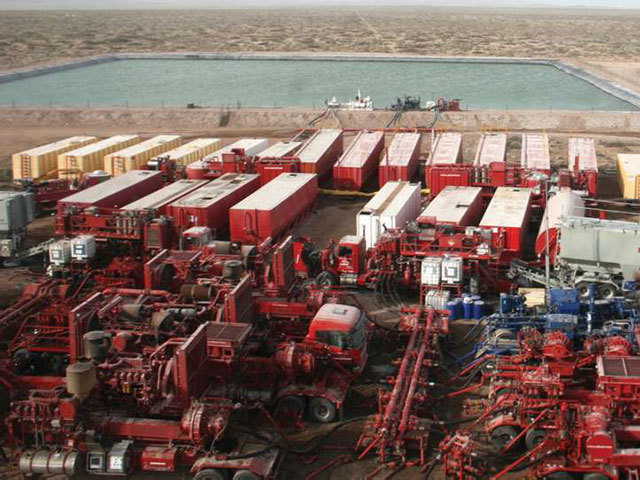
Securing appropriate sites in the early exploration phase is crucial to the growth of the shale industry in the UK, and it is important for a number of reasons.
Unlike the United States, where population density leaves large open swathes of bare agricultural land available, the UK is constrained by more designations, EU-backed incentive and protection schemes and a chequered history of mining and industrial activities.
In addition – when having to consider the geology, PEDL licence blocks and the financial reality of coming to terms with landowners – basic land availability is becoming an increasingly important issue.
Location, Location, Location
The choice of location for an exploratory drill pad may be determined by many factors.
However the decision on location will in turn determine much more.
Site selection can lead to unforeseen planning constraints in relation to access and use of infrastructure, final visual impact and many constraints on providing security for contractors and the public during construction and throughout the production phase.
It is also certain that commercial terms agreed now with landowners will live long in the minds of local and national surveyors, solicitors and owners as the industry seeks to develop new forms of agreement and compromise.
The onshore shale gas industry is similar to other energy projects in recent years, but it is still a relatively new world for the land agents and lawyers handling the legal and commercial risks on behalf of their landowning clients.
While it is inevitable that operators will wish to procure sites in certain parts of the country and in certain licence blocks as quickly as possible so to begin basic operations, baseline monitoring and commence the planning process, they should first consider the reality if a site becomes successful and the steps required to ensure that it is commercially future proofed.
In the case of a site progressing in to actual commercial production, the key consideration will undoubtedly be how much to pay at the production phase, where to put any additional infrastructure and what to do with the extracted resources.
A good example of how the industry can rest in the environment peacefully and operate successfully is the Wytch Farm oil field in Dorset, located in one of the most sensitive parts of the English countryside.
However its success is almost entirely thanks to the fifty-seven mile Purbeck to Southampton crude oil pipeline, with extracted natural gas piped slightly closer to home.
The established and the new, pioneering groups of shale prospectors however may not have the advantage of such convenient infrastructure (or the option to install it) and may, in a number of years, from a number of separate sites have to rely on further legislation and negotiation to install pipelines, transport and water services in parts of the countryside where it was never intended or expected.
There may be trouble ahead
Trespass and disturbance represents another unique risk to the onshore oil and gas industry in the UK.
Firstly, it is always possible to secure and keep a site secure, both legally and practically, if an operator is willing to make an investment – an investment both in the protection of the site and also in local engagement and buy in.
It will be a commercial decision whether a site in a certain location, perhaps one easily accessible to the public, is worth the risk of additional time and cost. Secondly, efforts on consultation and community engagement should be commenced at the earliest possible stage.
Some operators may seek to keep plans confidential until the last possible moment, but with the greatest will in the world people will inevitably find out. It is therefore better to manage information with care – using PR specialists, or better still, in-house teams.
When it comes to community and landowner engagement those teams that are seen to represent the company personally are often preferred and may be more able to convince those they meet that the company, and the industry, are on their side.
In conclusion, although I might inevitably say that the answer is to consult advisers as soon as possible, and of course it is important to do so with the current myriad of regulations and regimes that the industry faces, the key message is to think through all possibilities in the early days and keep in mind the end game.
A drill pad could be for life, not just for exploration.
John Galloway is a real estate solicitor in the Energy and Natural Resources team at UK law firm Shepherd and Wedderburn. John has advised operators on a number of proposed sites for onshore oil and gas exploration, as well as gas pipeline and storage, offshore and onshore renewables and infrastructure.
Recommended for you
